
Sharon Oosthoek is a freelance science journalist who lives in Toronto, Canada. She has written about how bed bugs have favorite colors, why your shoelaces untie themselves and how chicken cologne can protect you from malaria.
She likes writing for young readers. They ask good questions, like how do scientists know the Earth is warming?
Sharon also writes for adults. Her articles have appeared in New Scientist, Canadian Geographic, Maclean’s, The Globe and Mail, cbc.ca and Chemical & Engineering News. She is the winner of an American Academy for the Advancement of Science Kavli Science Journalism Award for children’s science writing.

All Stories by Sharon Oosthoek
-
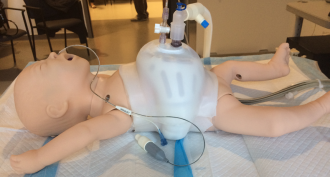 Health & Medicine
Health & MedicineTiny vest could help sick babies breathe easier
A new invention helps sick babies breathe easier. It looks like a tiny lifejacket and it avoids the mask and tubes that get in the way of breastfeeding.
-
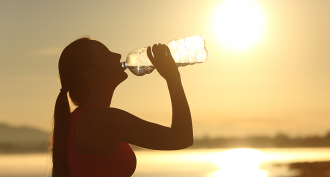 Earth
EarthAmericans consume some 70,000 microplastic particles a year
The average American consumes more than 70,000 microplastic particles a year. Scientists hope this estimate will spur others to look at health risks.
-
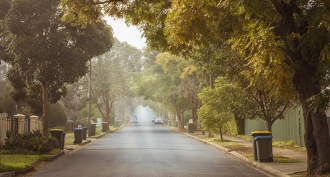 Environment
EnvironmentCity living makes trees grow fast but die young
Many cities plant trees to absorb carbon dioxide. But city trees grow fast and die young, which means they absorb less carbon dioxide than forest trees do.
-
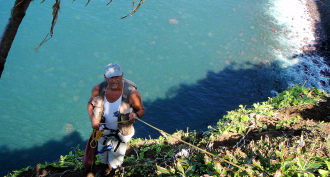 Plants
PlantsRare-plant hunters race against time to save at-risk species
One in five plants is at risk of extinction. Meet the rare plant hunters who rappel down cliffs and trek through forests to save them.
-
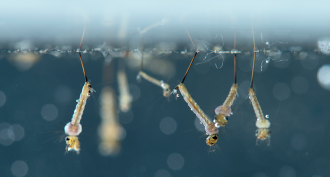 Environment
EnvironmentMicroplastics take flight in the bellies of mosquitoes
In polluted water, mosquito larvae may eat microplastic — and it will stay in their bodies as they grow. That might pose risks to skeeter-eating birds.
-
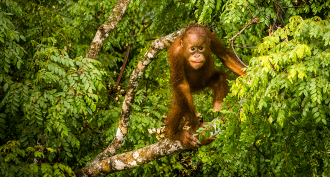 Environment
Environment‘Boot camp’ teaches rare animals how to go wild
Animals raised in captivity cannot safely re-enter the wilds without first understanding how to find food and avoid becoming a predator’s lunch. Scientists are helping some species learn this.
-
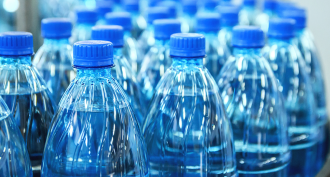 Environment
EnvironmentPlastic taints most bottled water, study finds
Tiny bits of plastic contaminated nearly every tested sample of bottled water from nine countries. Whether ingesting the plastic might pose some risk remains unknown.
-
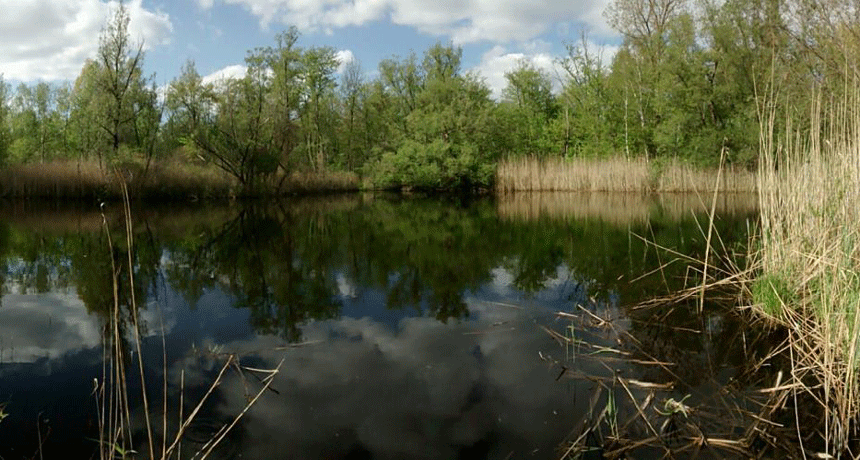 Environment
EnvironmentFish get pooped living in polluted water
Living in polluted water can tire fish out, a new study finds. This can make it harder for them to find food and avoid being eaten, themselves, by predators.
-
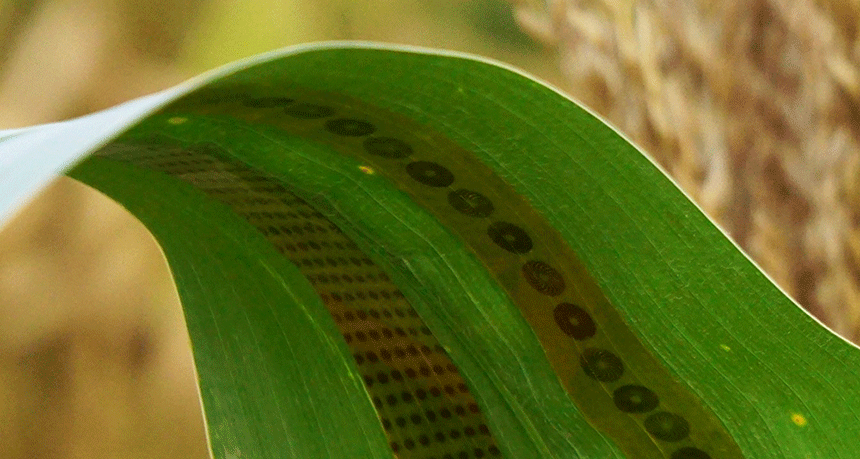 Agriculture
AgricultureNew ‘tattoo’ could lead to drought-tolerant crops
Scientists create stick-on 'plant tattoo.' It measures how efficiently crops use water, a key to better identifying breeding stock for more drought-resistant crops.
-
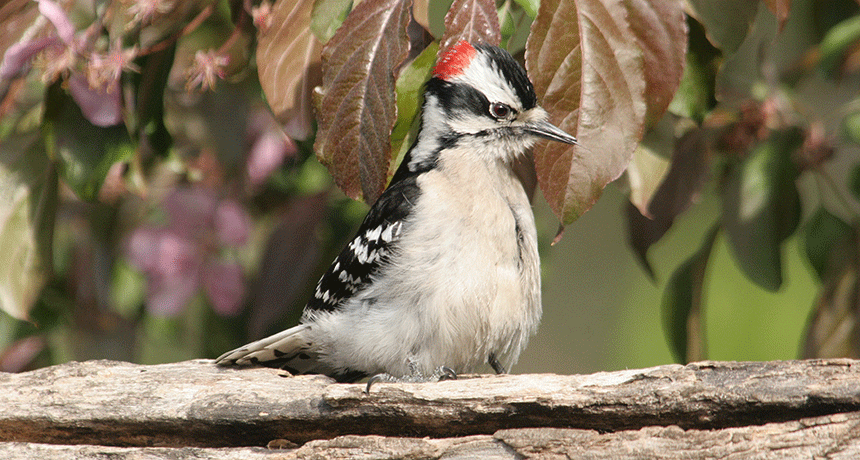 Brain
BrainWoodpecker brains host protein linked with human brain damage
Woodpeckers peck with a force great enough to give people concussions. Now a study shows that birds, too, may suffer some brain damage.
-
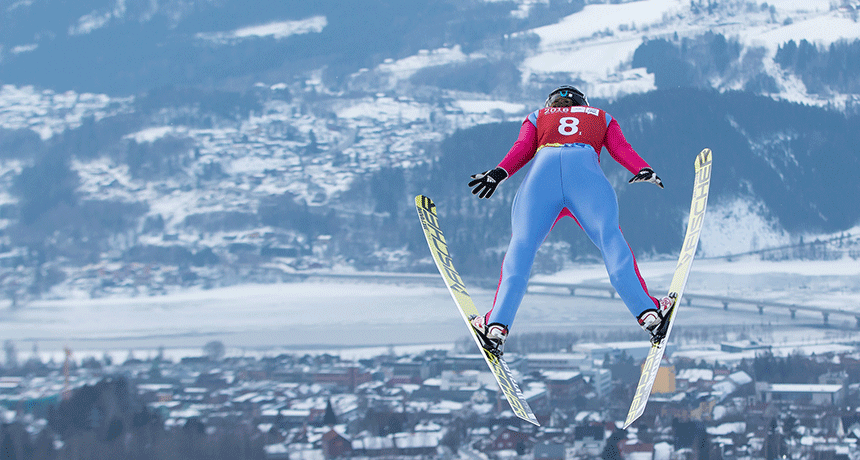 Climate
ClimateClimate change threatens future Winter Olympics
Higher temperatures, less snow mean many former Winter Olympics sites soon will no longer qualify to host future games, concludes a new analysis.
-
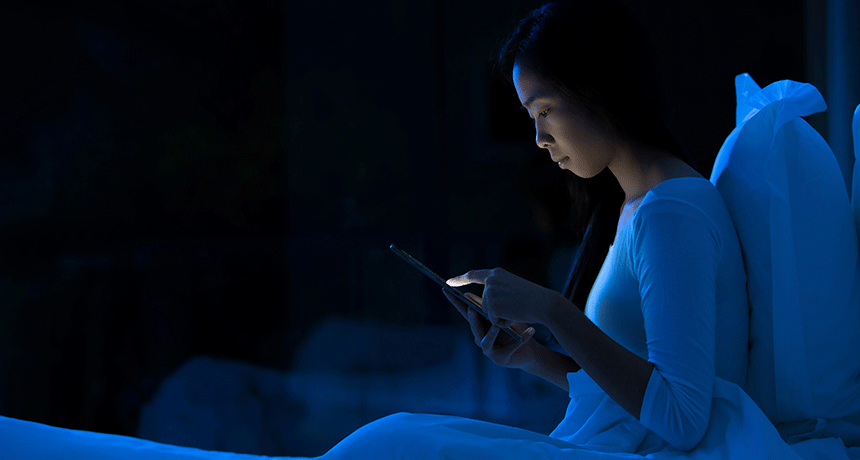 Brain
BrainTrading smartphone time for sleep? Your loss
A new study shows more and more teenagers are hanging out on devices when they should be catching ZZZs, putting their health at risk.